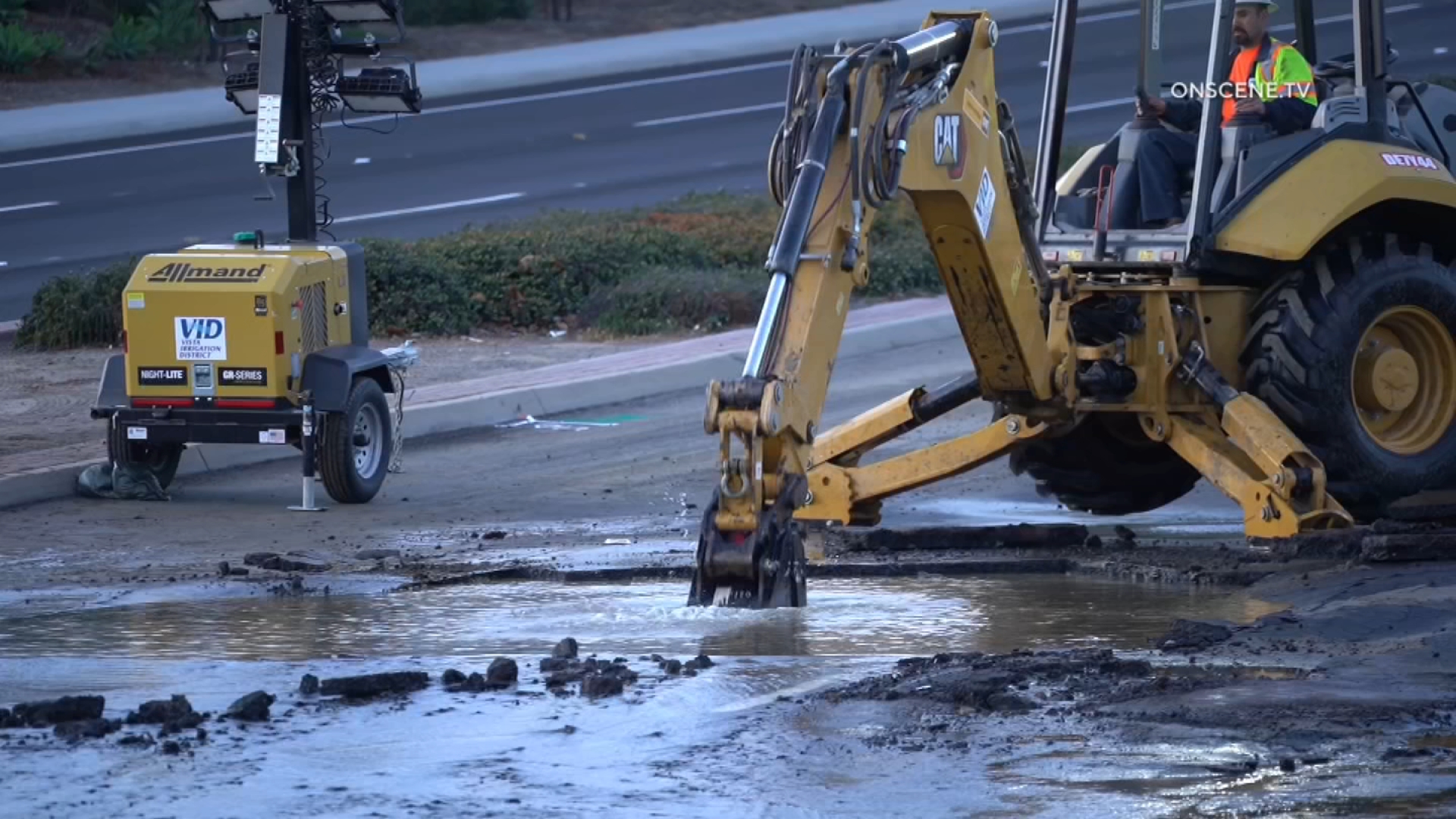A $25 million fund for San Diego-area behavioral health providers to bolster their services for those struggling with mental illness or addiction was outlined Wednesday by city and county elected officials.
The Behavioral Health Impact Fund will provide funds to local service providers
"to treat, stabilize and house'' individuals experiencing mental illness and substance abuse issues, by helping behavioral health organizations acquire properties to expand their service capacity, according to San Diego Mayor Kevin Faulconer.
Faulconer, who was joined at a Wednesday news conference by county Supervisors Greg Cox and Nathan Fletcher, said the fund "was in the works well before the COVID-19 pandemic struck, and now it will go into effect when the need is greater than it's ever been before.''
Faulconer said the fund would address the city and county's efforts to combat homelessness at the same time local governments are dealing with the coronavirus pandemic, as the homeless are among the "most vulnerable to this virus.''
The fund will support service providers' efforts to "buy, expand or renovate a facility to increase their capacity to serve these individuals,'' according to Faulconer.
Fletcher said unused motels are one example of properties that could be purchased during the COVID-19 pandemic and converted into facilities for these organizations.
The fund is financed by a settlement of redevelopment litigation, and was approved by a unanimous vote by the San Diego County Board of Supervisors on Tuesday, as well as a San Diego City Council vote in March. The litigation started in 2011, according to Faulconer.
"The city and county had this $25M tied up in lawsuits that had been tied up for years and was likely to continue to be tied up for years," Fletcher explained. If the county had the money, according to Fletcher, it'd be put toward behavioral health services, and he said he knew the city would do the same thing, so they worked together on an agreement.
Organizations that provide drug or alcohol treatment, or mental health services can apply for the funds. Details on how organizations can apply will be released later. Potential projects must be approved by both a city and county representative.
"The cost of building these types of facilities can be beyond the means of most nonprofits,'' Cox said. "Now this fund will play an important and critical role in helping this region cope with and recover from the corona crisis.''



